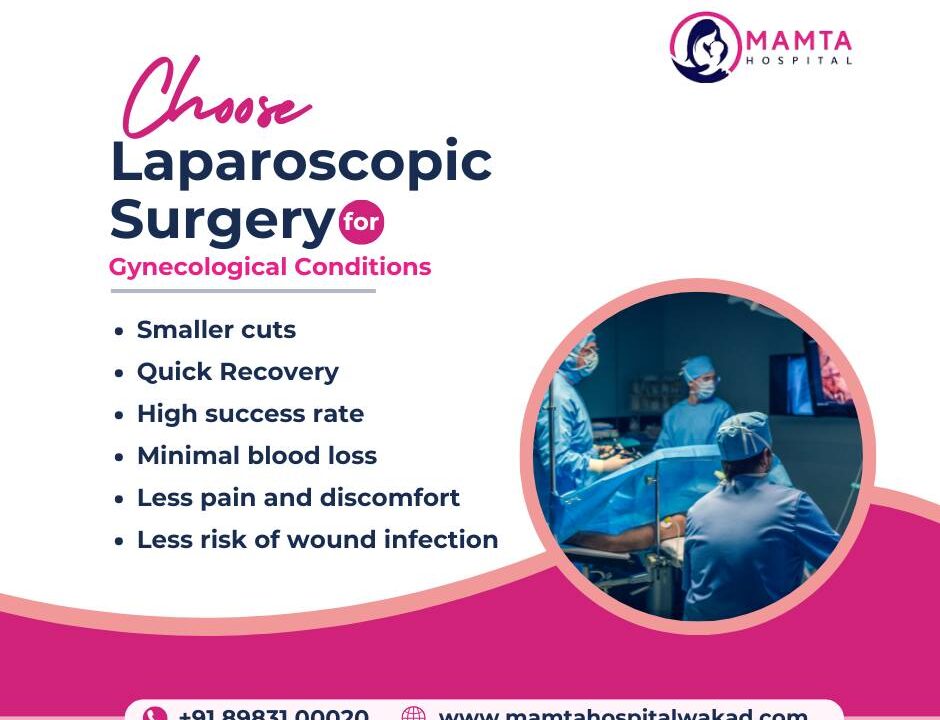Dealing with a High-Risk Pregnancy: Essential Dos and Don’ts

What Are The Dangers of Smoking During Pregnancy?
November 21, 2023
Fibroids: Recognizing Signs and Symptoms
December 2, 2023A High-Risk Pregnancy
A high-risk pregnancy is one in which the health of the mother, the baby, or both is at an increased risk for complications compared to a typical pregnancy. Various factors can contribute to the classification of pregnancy as high-risk, and they can involve maternal health conditions, fetal issues, or a combination of both
Introduction:
Bringing a new life into the world is a miraculous journey, but when complications arise, it is important to treat the pregnancy with extra care and attention. High-risk pregnancies require special considerations, and understanding the dos and don’ts can make a significant difference. In this blog, we will explore the essential guidelines to safely navigate a high-risk pregnancy.
What to do during high-risk pregnancy
1. Regular Medical Checkups:
Get frequent checkups with your gynecologist to monitor the health of both you and your baby. Regular assessment helps in early identification of potential issues and timely intervention.2. Maintain a healthy lifestyle:
Focus on a balanced diet, regular exercise (as advised by your healthcare provider), and adequate rest. Healthy habits contribute to better overall health and can have a positive impact during your pregnancy.3. Follow medical advice:
Follow the recommendations and prescriptions given by your health care team. Following their guidance ensures that you are taking the necessary steps to minimize the risks and promote a healthy pregnancy.4. Educate Yourself:
Take the time to educate yourself about your specific high-risk condition. For this you can take help of your gynecologist. Educating yourself is a good way to learn about high-risk pregnancies. This way you are mentally and physically prepared to handle the situation.5. Create a support system:
Surround yourself with a strong support system, including friends, family, and health care professionals. Emotional well-being is important during high-risk pregnancies, and having a reliable support network can reduce stress.
What not to do during high-risk pregnancy
1. Ignore the symptoms: (don’t)
Any unusual symptoms or changes in your condition should not be ignored. Tell your healthcare provider right away about any concerns, as early detection and management is important in high-risk pregnancies.2. Indulge in risky activities: (don’t)
Avoid activities that pose a risk to your health or your baby’s health. This includes avoiding smoking, consuming alcohol, or participating in strenuous activities without medical approval.3. Skip Prenatal Checkups: (don’t)
Regular prenatal checkups and diagnostic tests are necessary to monitor the progress of high-risk pregnancies. Skipping or delaying these screenings may lead to missed opportunities for early intervention.4. Self-medication: (don’t)
Avoid self-medicating, even with over-the-counter medications. Always consult your healthcare provider before taking any medications, as some medications may pose risks during a high-risk pregnancy.5. Neglect of mental health: (don’t)
Emotional well-being is as important as physical health. Don’t neglect your mental health – seek counseling or support groups if necessary. High-risk pregnancies can be emotionally challenging, and it is important to address these challenges to have a healthy pregnancy.
Conclusion:
High-risk pregnancies require a proactive and cautious approach. By following these do’s and don’ts, you can increase your chances of a successful and healthy pregnancy. Open communication with your gynecologist is essential. For a healthy delivery, you can consult Dr. Poonam Patole, she is a gynecologist in Wakad, Pune, and deals with high-risk pregnancy cases. You can contact them at Mamta Hospital (Maternity Hospital in Wakad) which gives priority to both the physical and emotional well-being of you and your baby.
“High-Risk Pregnancy A Symphony Of Hope And Triumph.”




